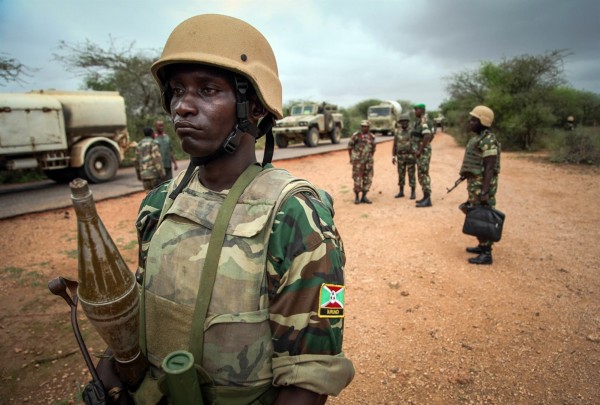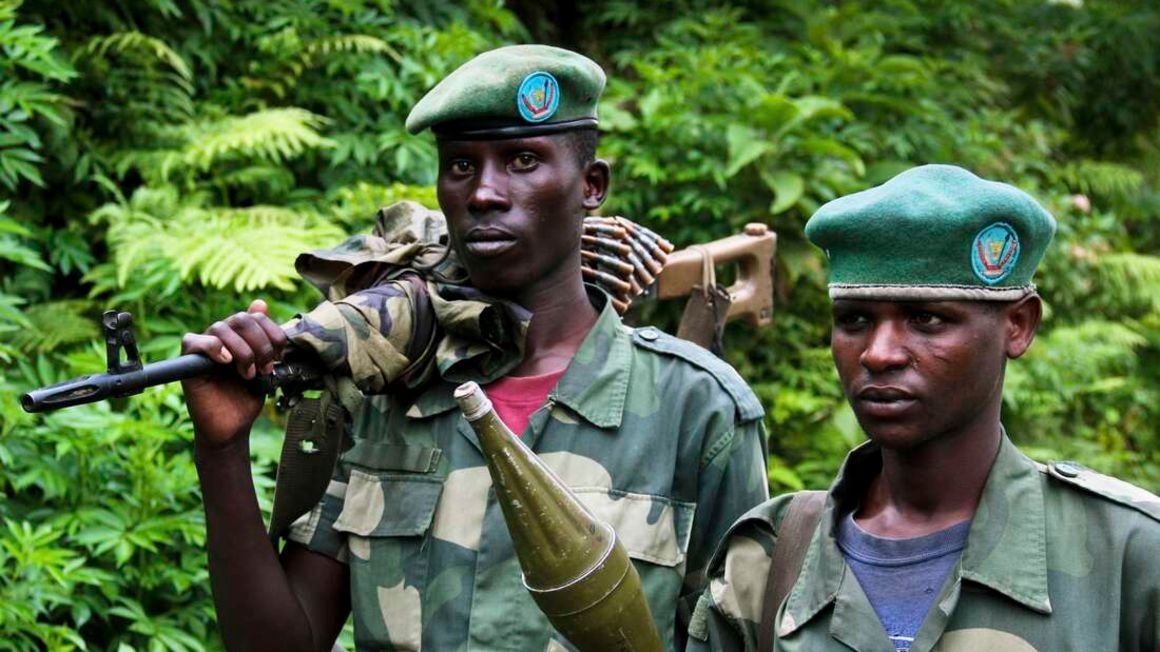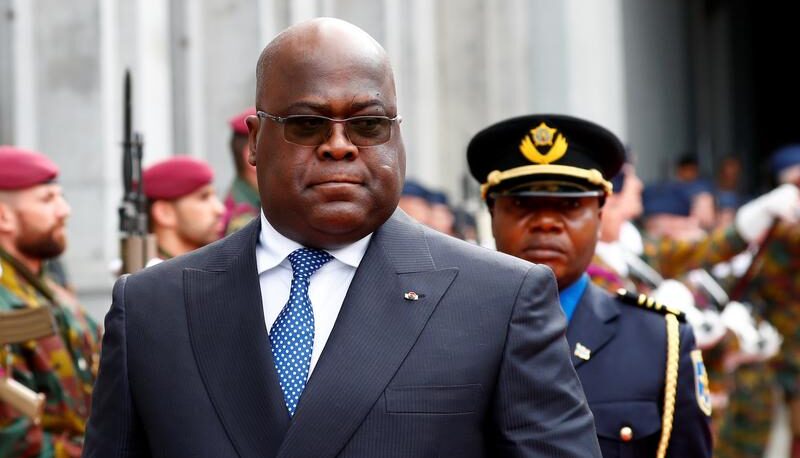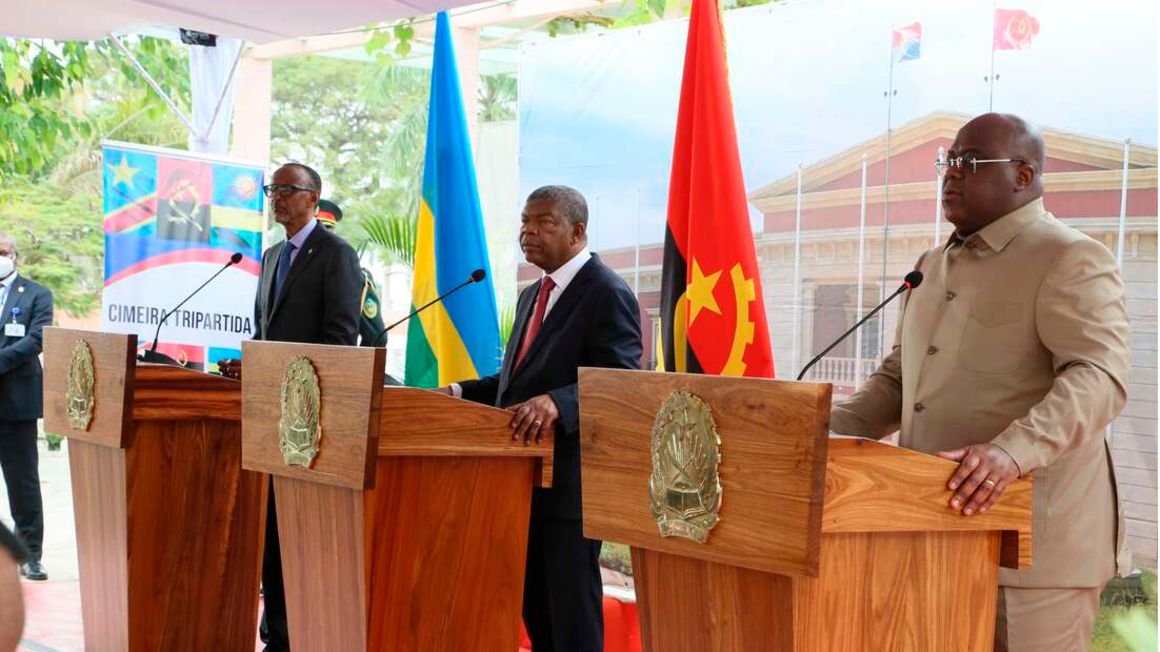Regional
Where does Burundi’s FDLR ‘bromance’ leave Nairobi process?

Late last week,
as the leaders of DRC and Rwanda were meeting in Angola to hammer out a lasting
solution to the impasse in eastern DRC, a bizarre communique began circulating
on social media.
The communique of
FDLR, a terrorist militia group operating in DRC, was congratulating Burundi
for deploying its special forces to fight the M23 rebels, another outfit also
fighting in eastern DRC.
What first
looked like a hoax, increasingly gained legitimacy and raised questions on the future of the Nairobi peace process led by the
East African Community (EAC) for which, ironically, Burundi took chairmanship just last week.
In the
communique, the FDLR commend the deployment of Burundi’s special forces in DRC
ahead of the regional force that is expected to be deployed to deal with armed
groups in eastern DRC as directed by the Nairobi process.
What raises the
red flag is not the deployment of the Burundian forces but the gut from a
terrorist organization to commend the member state’s force deployment and the
silence from the government of Burundi to such a daring act from the terrorist
organization.
Does Burundi
cooperate with the FDLR; a terrorist group they are supposed to be
fighting?
Back to Angola,
the final communique of the recent joint commission between the DRC and Rwanda
was very articulate on the roadmap towards resolving the current state of
insecurity on Congolese soil and, clearly did not focus on the issue of M23 as
a politically-motivated armed group. Focus was more on the plethora of armed
groups that have accounted for the prevailing insecurity and crimes against
humanity in eastern DRC, primarily the FDLR, among other groups.
Failure of the
FDLR to reckon that it actually features in the groups supposed to be routed by
the regional force and daring to heap praise on the deployment of the Burundian
forces to DRC and reiterating their support to Burundi, is an act not to be
taken lightly. It simply confirms the intelligence reports that have been
presented to the joint verification mechanism.
What complicates
the matter further is the fact that the FDLR was already working with the
Congolese armed forces, in the offensive against M23, a fact corroborated by
different sources.
Through the
collaboration with the FARDC, the FDLR has developed the confidence to act as
an official and customary armed force. A recent UN report indicated that the
terror group now controls Virunga National Park and takes all proceeds from the
park.
This is a demonstration of the confidence and legitimacy they derive from
their co-option into the national army and political processes from time to
time which no doubt has led to the continued existence of this genocidal force
that is not only a danger to DRC but also to Rwanda.
Threat to Nairobi process
As Burundi takes
over the rotational chairmanship of the EAC, the expected result from its
leadership from partner states is to promote peace and security, fast track the
bloc’s investment strategy and promote the people to people interactions.
Another
expectation is to fast track the recommendations of the Nairobi process in as
far as the situation in eastern DRC is concerned. One sure way to implement the
latter, is to fast track the deployment of the regional force to fight the
armed groups that have accounted for the insecurity in eastern DRC. The FDLR
should top the list.
However, looking
at the freedom and the confidence that the FDLR enjoys to communicate to the
government of Burundi and that of the DRC, a question arises. Will the EAC duly
fast track the Nairobi process during Burundi’s tenure as EAC Chairman?
The question
borrows its roots from the simple fact that Burundi and DRC are on record for
collaborating with the FDLR. How then are they going to dare combat their
allies?


.jpeg-20220721095555000000.jpeg)


